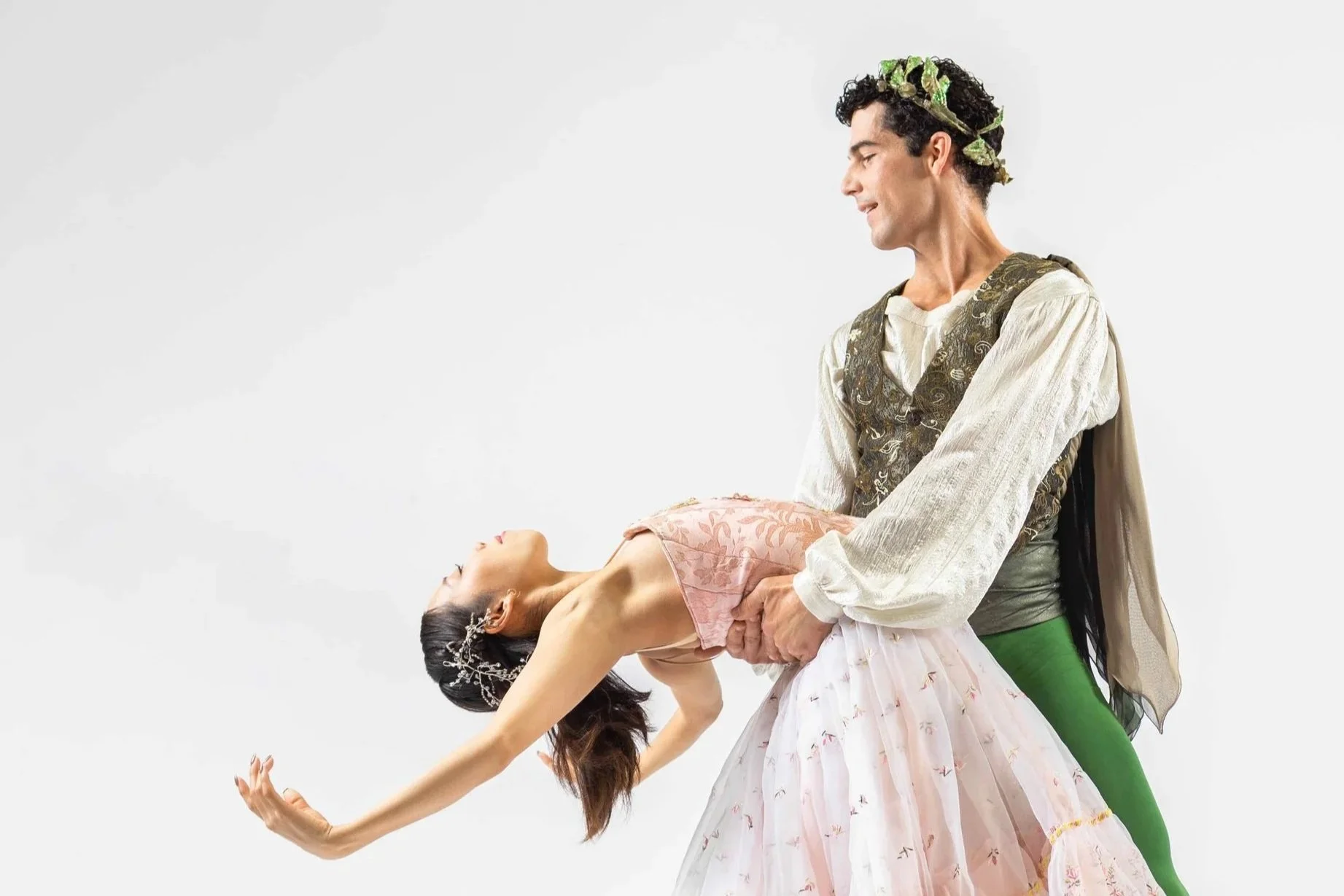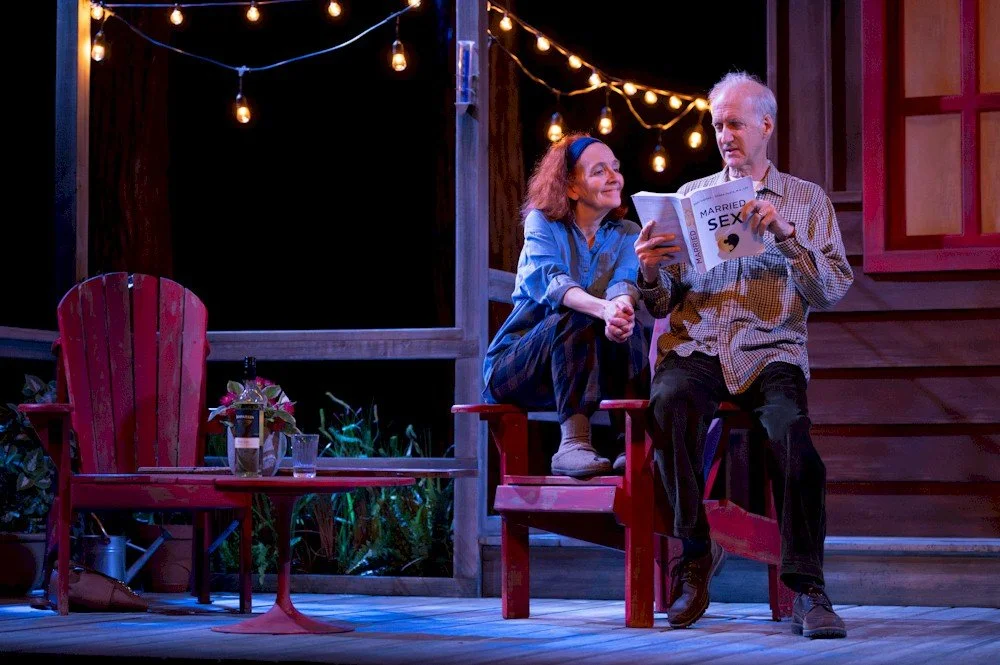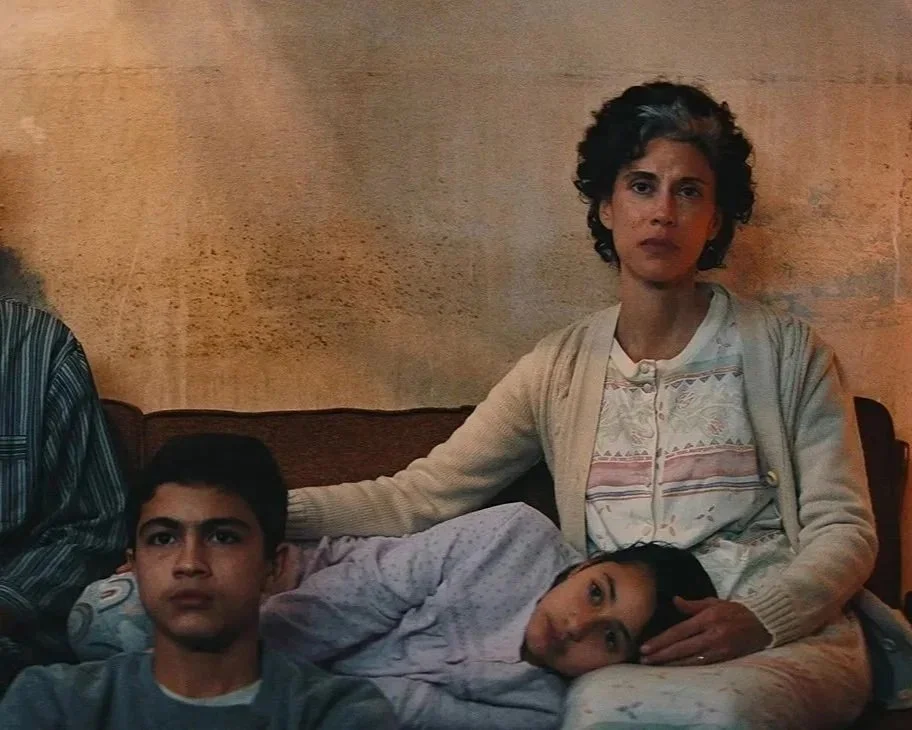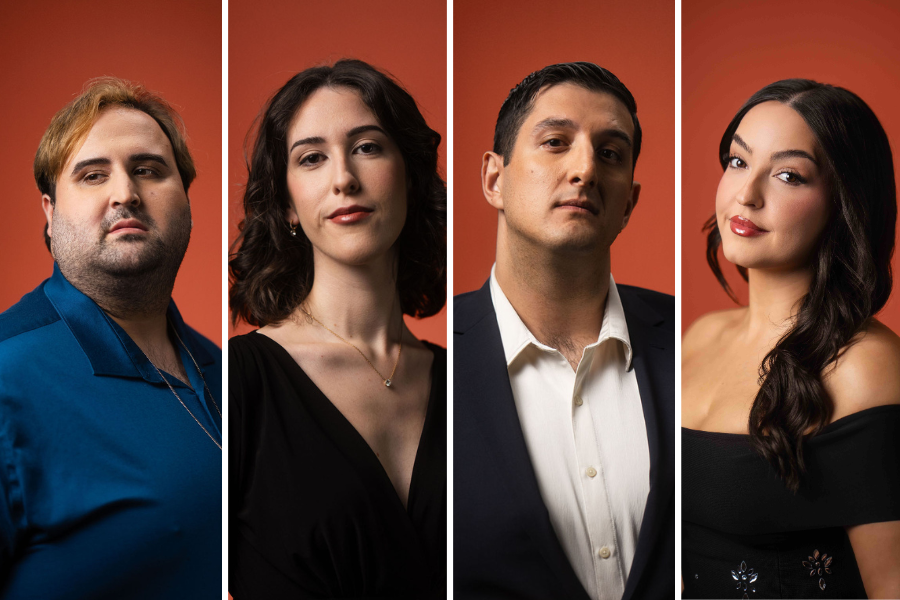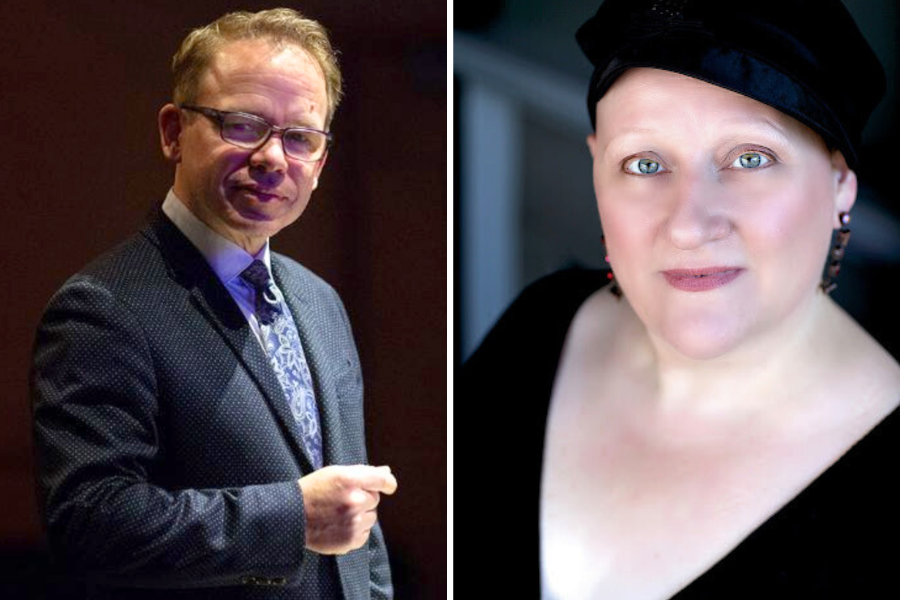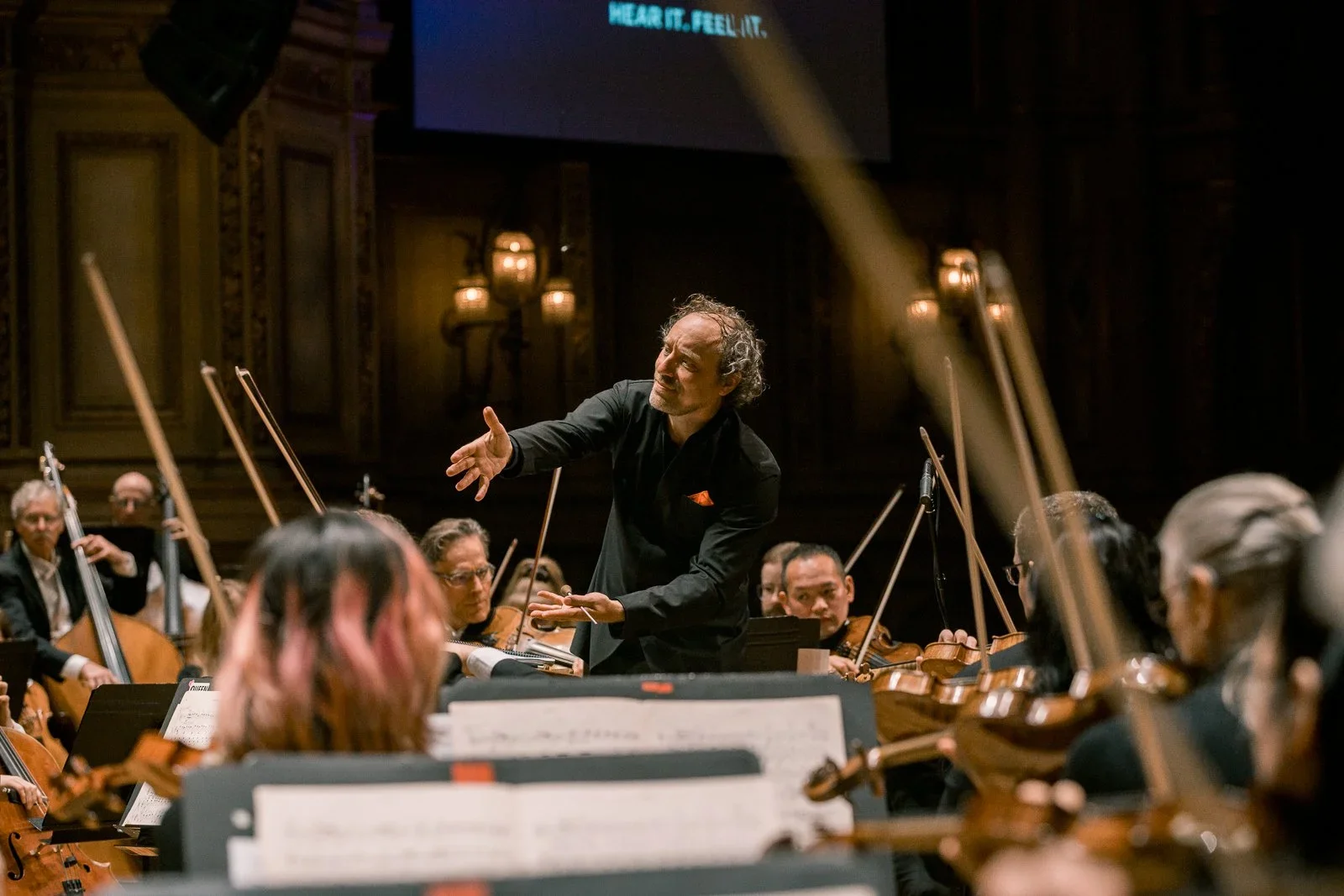Boca del Lupo and Dr. Peter Centre team up to produce free plays and podcasts about vaccination
Dialogues for the Vaccine Hesitant and Those Who Love Them is a bold new series by playwrights and theatre companies nationwide aimed at opening up COVID-related conversations
Clockwise from top left: playwrights Karen Hines and Omari Newton, and Boca del Lupo artistic producer Jay Dodge.
Boca del Lupo Theatre and the Dr. Peter Centre launch Dialogues for the Vaccine Hesitant and Those Who Love Them for free online on December 14.
AFTER THE WORLD shut down in the face of the pandemic last year, Boca del Lupo Theatre artistic producer Jay Dodge and artistic director Sherry J. Yoon launched Plays2Perform@Home. The boxed sets of short plays were meant to be read or performed with or without an audience by families or others within a bubble around the dinner table or campfire. Delivered to people’s homes, the kits were a way to bring people together through the arts and proved so popular that the project went national, with playwrights and theatre companies right across the country jumping onboard. Now, that same idea has given rise to a new creation—one that goes a big, bold step further by using the power of theatre to address the global health crisis in collaboration with a leading local health agency.
Dialogues for the Vaccine Hesitant and Those Who Love Them is a series of free plays and podcasts by Boca del Lupo Theatre in partnership with the Dr. Peter Centre. Delving into various root causes of vaccine hesitancy, the project launches online on December 14, just in time for holiday gatherings when sensitive or challenging discussions related to COVID vaccines could come up.
On the line from Boca del Lupo’s Granville Island office, Dodge points out that we all probably know of someone who has yet to be vaccinated. Aside from legitimate medical or religious exemptions, people may be afraid of needles or have been swayed by conspiracy theories or other misinformation; then there’s the understandable wariness among racialized communities when it comes to government-mandated health procedures. The point of Dialogues for Vaccine Hesitant and the People Who Love Them is to open up conversations in a nonjudgmental way and to speak straight to the heart.
“The statistics and the efficacy and all the numbers [of vaccines]—that convinces a lot of people, but then there’s other things going on, and it’s more emotional,” Dodge says. “Spinning off Plays2Perform@Home, people may not necessarily perform these plays themselves but might read them or listen to them, the idea being that they’re practice conversations for difficult situations that I think we all find ourselves in and we’re often surprised to find ourselves in.
“I know for myself I’m often surprised when all of a sudden I’m in a situation where I’m being confronted by somebody who has a really strong hesitancy or opinions about everything related to this pandemic, including getting the vaccine, and there’s that kind of feeling of getting back on our heels when it happens,” he says. “We hope that people might listen to the podcast or read that play and also be able to have a more empathetic or compassionate response to people’s anxiety and fear about things.”
Boca del Lupo reached out to four respected playwrights across Canada whose lived experience they hoped could offer insight and support to people who are unsure about getting the vaccine or have loved ones who are: Vancouver actor-director Omari Newton; Yvette Nolan, an Algonquin/Irish artist who’s based in Saskatoon; actor-writer-director Mary-Colin Chisholm; and author-director-actor Karen Hines.
From there, Dodge and Yoon approached theatre companies across Canada to record professional actors performing the plays, which will be released as podcasts to accompany the digital books. The partner theatres are Halifax’s Eastern Front Theatre, Montreal’s Centaur Theatre, Manitoba Theatre Centre out of Winnipeg, and Calgary’s One Yellow Rabbit.
The podcasts also include interviews between Yoon and the playwrights along with special guests and experts, including Elizabeth McLaughlin, a psychologist in the Pediatric Health Psychology Service at the IWK Health Centre in Halifax. Her work includes helping children deal with anxiety related to medical procedures.
The Dr. Peter Centre, which emerged as a leader in pandemic response based on its globally recognized care for people with HIV/AIDS, secured funding from the Public Health Agency of Canada’s Immunization Partnership Fund to address vaccine hesitancy among individuals experiencing multiple barriers to care. The centre divided the funds to organizations across Canada to help get the vaccine where it is needed most—and, in the case of this novel union, to get the word out in new, approachable ways.
“We know there are many reasons for people to feel distrustful towards the vaccine and our healthcare system in general,” Dr. Peter Centre executive director Scott Elliott said in release. “For many of us who do have confidence in the vaccine, we are worried about the safety of our loved ones. Boca del Lupo’s ‘Dialogues for the Vaccine Hesitant’ are designed to build empathy towards people on both sides of the conversations and give us tools to navigate difficult conversations. The tools will help all of us, whether we are on the front lines of the public health crisis or heading to a dinner with family and friends.”
Each of the plays and podcasts has a different theme and feel, Dodge says; while his personal hope is that people will come around to getting vaccinated, the pieces are neither prescriptive nor preachy.
Teaming up with a health agency is new territory for Boca del Lupo, but the project’s through line to the company’s very foundation is to make art accessible and relatable, a way to help us make sense of the world around us.
“Sherry and I talk about this idea we have for this organization—a vision or mission statement of sorts—where art is an integral part of everyday lives,” Dodge says. “That’s why we’ve done work outside in site-specific places or in different forms, in telephone booths. Of course we’ve done work in theatres too, but the idea is to open the walls of theatre so that it can be still special but also normal, like hanging a painting on your wall. I think this is where the arts can play a role in different aspects of society.
“None of these works have answers per se, but it does help us grapple with the question and hopefully come a step closer to feeling a little bit more settled,” Dodge says. “When you watch a play about loss or celebration or transformational moments in our lives, good and bad, we love those stories because they’re about big feelings, and in our lives we deal with big feelings. Art helps us understand that and plays do that—they sort of prepare us for our own real lives.”
Ultimately, the most important part of Dialogues is to keep people in the room, Dodge adds.
“We don’t want this pandemic to be this situation that creates more division for families, communities, or our society,” he says. “Even if there are different points of view, how can we be empathetic and compassionate toward each other and still create moments of caring and still keep people around the dinner table? If we’re not in conversation with each other, we’re not able to understand where each other is coming from, where their hesitancy is coming from, where the fear is coming from.
“There is a deeper conversation we can have that will bring us closer together rather than driving us further apart,” he says. “This is a really meaningful artistic exercise as well as hopefully one that has some impact on public health.”
See Boca del Lupo or Dr. Peter Centre for more information.







